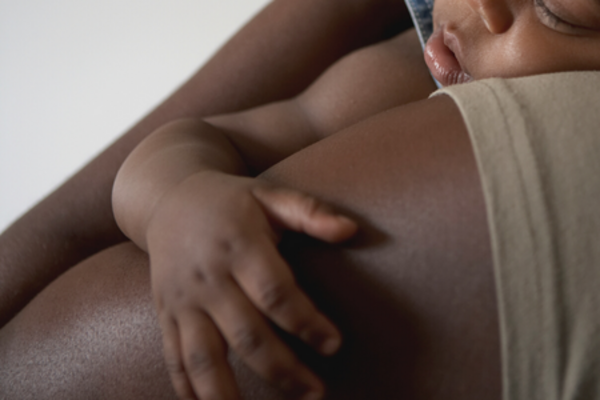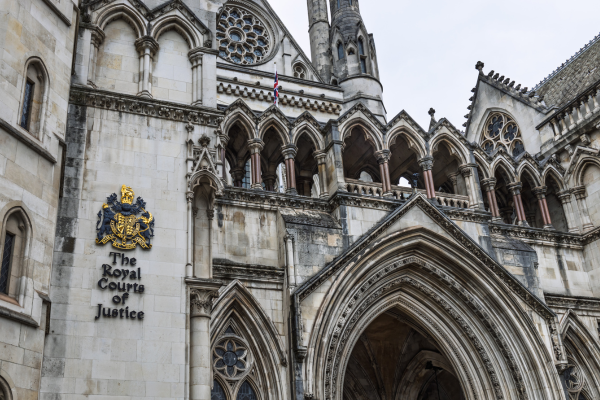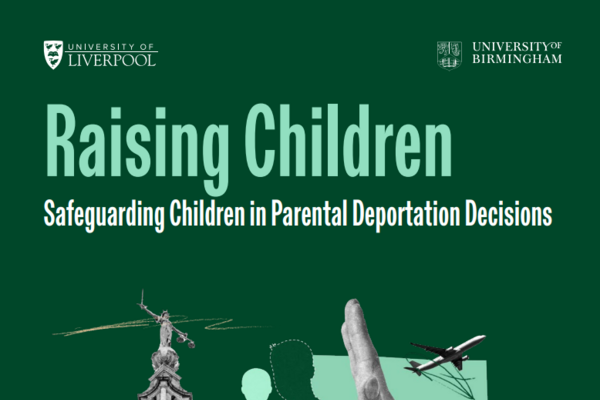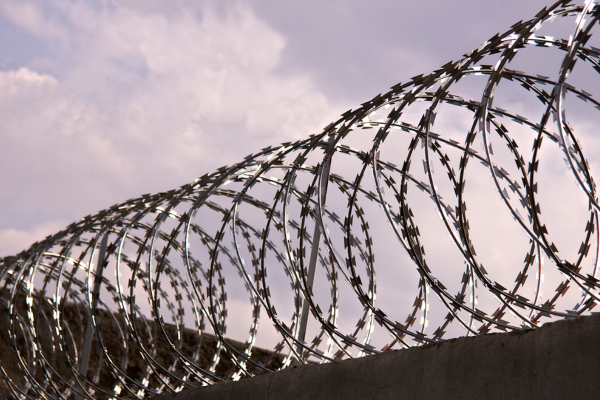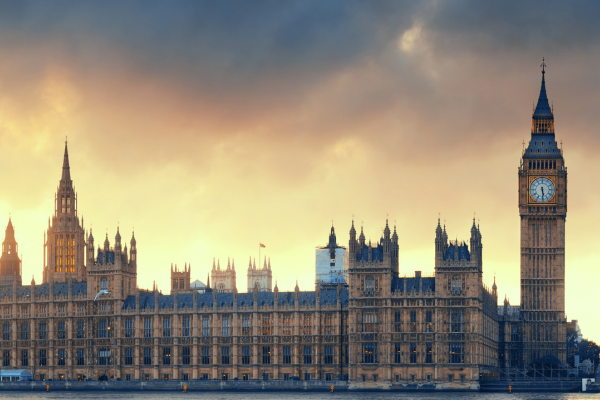I need a legal aid lawyer, that’s the problem that I’m trying to solve, today, and every day for the last three months.
I claimed asylum over a year ago because my life nearly came to an end at the hands of my violent husband in Nigeria. He had raped me for years. When he started beating my two daughters, I knew I had to leave. I tried to get the police to help me, but they told me it was a family matter. So, when my daughter succeeded in persuading my husband to allow us to come on holiday to the UK, we ran for our lives. Now the Home Office has the power of life or death over us.
Most women like me are turned down by the Home Office. We don’t know that the law says that domestic violence counts as torture and we can claim asylum if the government and the police in my home country won’t protect me.
I need a lawyer to fight my case. How else can I get evidence that proves what I have suffered and what I will face if I am sent back. You can be sure that my word alone would never be enough.
I had a private lawyer who said he would take on my case for free. But he never returned my calls. Then I met the All African Women’s Group (AAWG) – a group of women looking for safety like me.
AAWG is part of Global Women Against Deportations. At their self-help meeting, I sat among 15 other women. They told me that I had to understand my own case. We looked at questions to guide us in explaining what happened to us, like why did you have to leave Nigeria, why would your life be in danger if you go back.
I read Legal Action for Women’s self-help guide which explains that I can claim asylum because of domestic violence. That is when I realised with horror that I am going to have to revisit all that I have suffered in order to persuade the UK that I need protection and safety. I wrote it down and other women helped me by asking quiet, caring questions, sharing their own experiences. At the end, I had a one-page summary of my case and women in the group gave me some suggestions about how to find a lawyer.
This is what happened next:
I am hopeful, ready to start my journey to find a legal aid lawyer. I travel to a charity. I arrive before 10 o’clock and I wait and they tell me they have no capacity. I travel to another drop-in on the other side of London and I’m given a piece of paper telling me they have no lawyers. I’m at the third place I have tried and joy, oh joy, they say that I can go on the waiting list. A woman registers my name on the computer and my heart lifts. She tells me to come back the following week. I do and I wait and then I wait and then she comes and gives me a piece of paper referring me to another organisation over seven miles away. I travel south. I arrive early because the paper says the drop-in is between 10 and 12 noon. At 10am I knock but the place is closed and no one is there. I wait and wait and then I leave.
I go back to the All African Women’s Group and get help to email another organisation. They write back saying they have no capacity. I try closer to home. I go to a local Law Centre in the morning before 12 noon, I queue up and I wait. I am able to leave my details but when I go for an appointment, I find out that they don’t do immigration law. They give me a list of places that I’ve already tried.
I would love to tell you that my experience is a particularly hard one, but it’s not. When I came back to the next AAWG session, there were four new women in the room, all of whom had recently claimed asylum who needed a lawyer. They are desperate like me.
I read that roughly 50% of all asylum seekers have no lawyer. This is not an accident. It’s a plan by a cruel government to prevent people making an application and getting a fair hearing. It’s only when you get to court in front of a judge that you stand a chance of somebody listening to what you have to say – but even then, if you don’t have a lawyer, you stand little chance of success.
Legal aid law firms are going bust – this is a problem all over the UK. And even where legal aid is technically available, the Legal Aid Agency stops lawyers doing all the work that is needed to win a case. Home Office lawyers aren’t restricted like this; they can spend whatever they like. Now one of the biggest legal aid firms is stopping doing appeals -- they have to pay all the costs up front and it can take years for a case to get resolved. At the moment,¾ of people who are refused, appeal, and 1/3 of those win their case. Without an appeal those people would be sent back to danger.
The Nationality and Borders Act is making our lives harder. If I had arrived in the last couple of months I would have been rejected because I didn’t immediately speak about all I suffered. I couldn’t because I was so fearful and ashamed. Now that delay would be taken as proof that I am a liar.
But the government doesn’t represent the people. The Red Cross found 74% of the population said they had sympathy for refugees. Everyday, we hear about people all around the country who are helping asylum seekers – meeting people off boats with clothes and hot food, visiting those in detention and protesting about the conditions, defending people in hotels when they come under attack by racists. That gives us hope.

